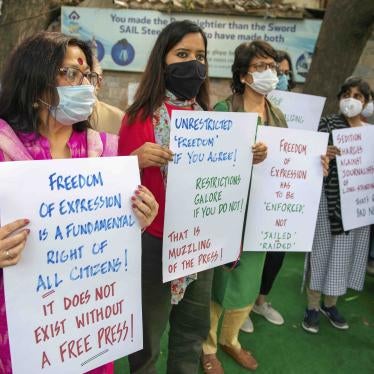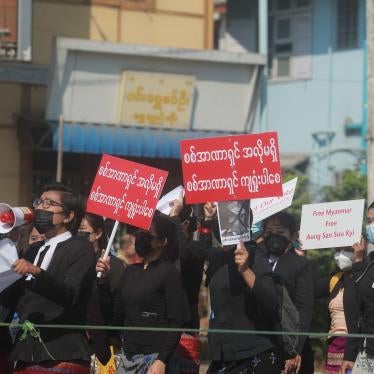It appears to be business as usual this week for Indonesian government officials’ intent on maintaining the decades-long restrictions on foreign media access to Indonesia’s far eastern provinces of Papua and West Papua.
Just two weeks after Indonesian President Joko Widodo signaled a shift in the long-standing policy, coordinating political, legal & security affairs minister, Tedjo Edhy Purdijatno, told reporters on May 26 that a team including Indonesian military and National Police will continue to tightly monitor foreign journalists who report from Papua. Purdijatno defended the agency’s snooping by asserting that, “We aren’t spying on them [the journalists]. We’re simply monitoring their activities.”
That same day, Indonesia’s Defense Minister Ryamizard Ryacudu explained that if access to Papua is granted to journalists it comes with an obligation to produce “good reports.” Ryacudu didn’t precisely define “good reports,” but he explicitly equated foreign journalists’ negative Papua reporting with “sedition.” Ryacudu’s solution for foreign media whose reporting displeases the government? “We can easily expel them,” he said.
Purdijatno and Ryacudu’s comments are more than repugnant expressions of contempt for media freedom. They blatantly undermine Widodo’s May 10 announcement of an immediate revocation of restrictions on foreign media access to Papua. That announcement was a much-anticipated change Widodo signaled in his election campaign in June 2014 when he stated during a stop in Papua that the government “has nothing to hide” there.
Widodo’s initiative was aimed at removing the official obstacles that have long prevented foreign media who manage to get permission to enter Papua from freely reporting. The government rarely approves requests to visit or delays processing them, hampering efforts by journalists and nongovernmental groups to report on breaking events. Journalists are invariably shadowed by official minders who control their movements or make it difficult to interview people privately and without fear of consequences.
The government has long justified those controls as a necessary security precaution due to the ongoing conflict with the Free Papua Movement (OPM), a small and poorly organized independence movement. The government also consistently arrests and jails Papuan protesters for peacefully advocating independence or other political change. Widodo’s initiative to allow foreign media to freely report from Papua indicates that he sees media freedom as part of the solution to Papua’s toxic combination of political repression and impunity.
The willful ignorance or outright hostility of key ministers such as Purdijatno and Ryacudu will doom that plan unless Widodo addresses their obstructionism head-on. He should start by issuing an explicit written directive spelling out Papua’s new media freedoms and the obligations of government officials and security forces to respect it. Until he does so, media freedom in Papua will continue to be held hostage by those who prefer Papua’s truths remain hidden rather than reported.








